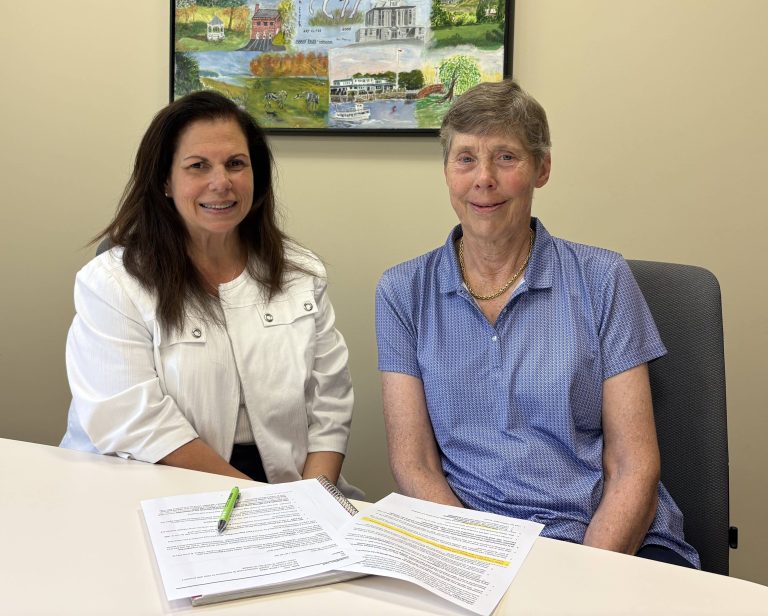

By Susan Gestal and Erin Keys
It is hard to believe we are eleven months into the pandemic, and that at this time last year any idea that we would spend the next year or more living masked and increasingly distant from one another was impossible to imagine. Yet here we are, in the middle of a hard winter, and finding ourselves missing all the more hugs and close connection with family and friends. Hope is far from lost, though, vaccines are here and a potential end to the pandemic is in sight, but it will still be a while before we return to any semblance of normal.
Right now is not an easy time for any of us, but it is becoming especially hard for children and teens, who have lost just as much as adults in the pandemic, but because their brains are still developing and maturing, may have more difficulty accepting and coping with the prolonged stress and challenge of this time. On the one hand, children and teens are more resilient than we might assume, and their ability to adapt to change can be quicker than that of adults. Many parents have witnessed this as they observed their children being less disturbed by wearing masks than they were, for example.
On the other hand, with each month that goes by, our children and teens miss out on important milestones and opportunities socialization, and while the overall effects of these losses is still unknown, many news outlets are reporting that hospitals and doctor’s offices are reporting an increase in the number of children and teens reporting anxiety and depression. As of yet, there are no concrete statistics to verify these observations because the situation is still evolving, but it is important that parents and others who care for children and teens be aware and on the lookout for any indications that their child’s mental health may be at risk.
The American Academy of Child and Adolescent Psychiatry has a list of potential symptoms of depression in children and teens on its website (www.aacap.org). This list includes things like, “sleeping more or less than usual,” “trouble concentrating,” “increased physical symptoms like stomach aches,” “caring less about school or not enjoying activities they once did.” Parents need to stay vigilant and regularly check in with their child about how they are feeling. If a parent believes they have reason to be concerned, contacting their pediatrician can help, as they will preform a “screening,” and suggest treatment options, should they be needed.
As always parents should consistently check in with their children and teens to see how they are doing. Be curious and non judgmental. Ask how they are doing. What they are missing most, what they like about the changes? Continue to validate your child/teen’s experience. As adults we may think the things they are upset about are minor, but to your child it is very real.
At a time when families often feel like they are on top of each other day after day, proximity should not be confused for quality time. With everyone feeling an increase in anxiety these days, it is easier than ever to check out via our computers, tablets, phones and TVs, and thus it is more necessary that parents find ways to be intentional about spending time with their children. Keeping a regular schedule is a helpful way to schedule these routine check-ins, and finding ways to do them over a fun, shared activity is even better. For example, invite your child/teen to help you cook dinner and ask them about their day, start a weekly family game night, find ways to get outside and be active, which will be good for everyone in the family. Take the time to talk and really listen to your child, not only will this be good for their mental health, you may find it improves your state of mind, as well.
It is also important to remember to go easier on yourself and your child. We are all under more stress than usual, and it is okay to lower expectations about what can be done. Homework and chores may not be done as thoroughly, or they may take longer and require more effort. Determine what can be realistically accomplished. Your relationship with your child and the family’s mental health needs to be the priority right now. Keep things positive. Have fun together. Talk about what you are grateful for. And don’t forget the importance of taking care of yourself. As the parent, you set the tone for the family. Make sure you are getting your physical, emotional, relational, and spiritual needs met. In practicing this intentional self care, you may need to let go of some other things, and that, too, is okay.
It may be mid-winter, and it may be a pandemic, and it may be one of the most difficult times any of us has lived through to date. But that does not mean we cannot care for ourselves and our children through thoughtful and intentional connection, that essential element of our humanity that we miss so much about life right now. Our children and teens, even when they are driving us crazy, are a ready and waiting point for that connection, and the more we do it, the better it will be for them and us, because now more than ever we all need extra attention and care.




